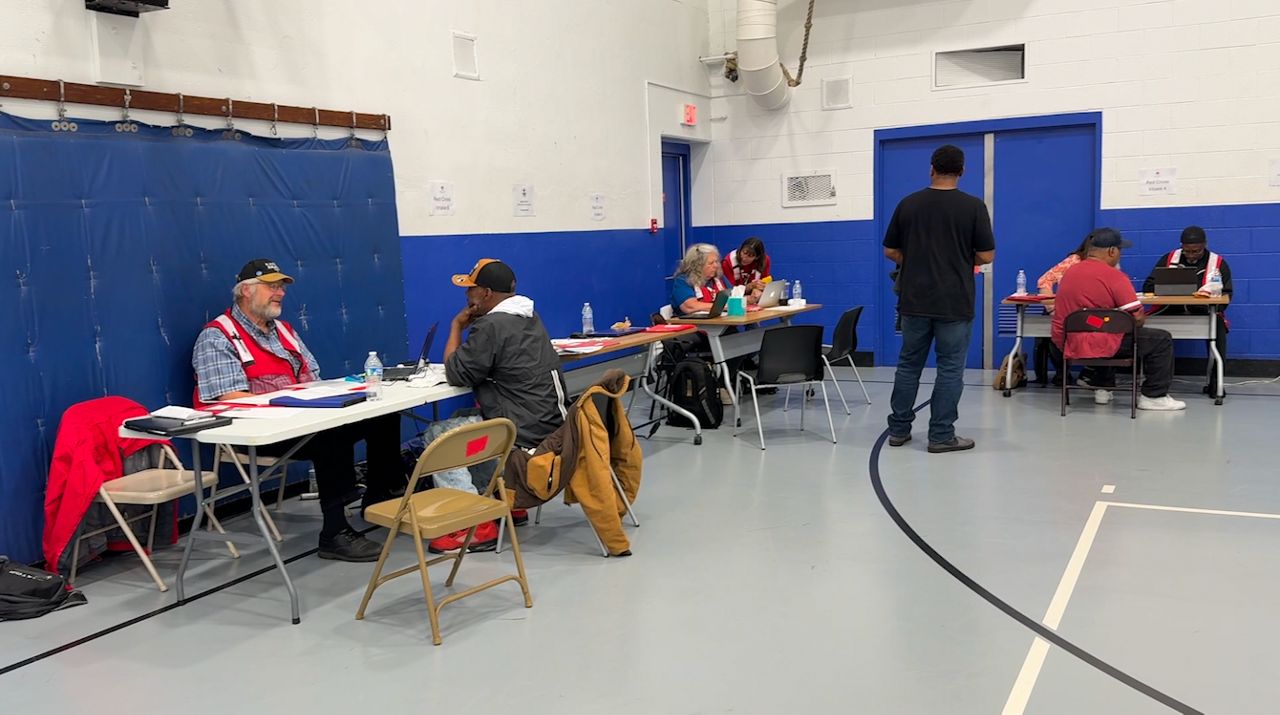WAUWATOSA, Wis. — The number of children diagnosed with autism in the U.S. continues to rise.
New data from the Centers for Disease Control and Prevention (CDC) reported 1-in-31 children will have autism. In 2020, data reported 1-in-36 children had autism.
Many experts said it’s because of increased screenings and better diagnoses.
Health and Human Services Secretary Robert F. Kennedy Junior wants more research done on why that number continues to rise.
He recently announced his agency is looking into new studies to determine what environmental factors could be causing the disorder.
The CDC said biologic, genetic and environmental factors can put children at greater risk for developing autism.
RFK Jr. also recently made comments about how autism “destroys families” and is “preventable.”
Rechelle Chaffee is the executive director of Autism United of Wisconsin, a nonprofit that provides resources and support to those with autism and their caregivers.
Chaffee said Kennedy’s comments sparked conversations and hurt feelings for many of the families the nonprofit serves.
She said while she supports new studies, she feels they need to be done in a respectful way.
“How do we make these lives better for those on the spectrum? We do appreciate being able to talk about autism and drive inclusion and connect with organizations, but there’s so much more,” said Chaffee. “If you’re an individual in the public eye, if you speak, to make sure you speak to it scientifically and with facts.”
For the past two years, Kelly Backes has served as the board president for Autism United of Wisconsin. Backes’ son lives with autism.
“He’s the most interesting kid you’re ever going to know,” said Backes. “He explores these topics. History. He’s all about civil rights. He shares all of the knowledge with everyone around him.”
Backes was also diagnosed with autism at age 41. That’s why Backes found Kennedy’s recent remarks alarming.
“I think his comments were especially disheartening to me because I felt like they placed a value on a human’s life,” said Backes.
Both Backes and Chaffee are hoping the controversy will shed light on what those living with autism need to live a happy and fulfilling life.
“Every single human life has value,” said Backes. “Every single one. There’s no criteria or logic you can put to that everyone has value.”









)
